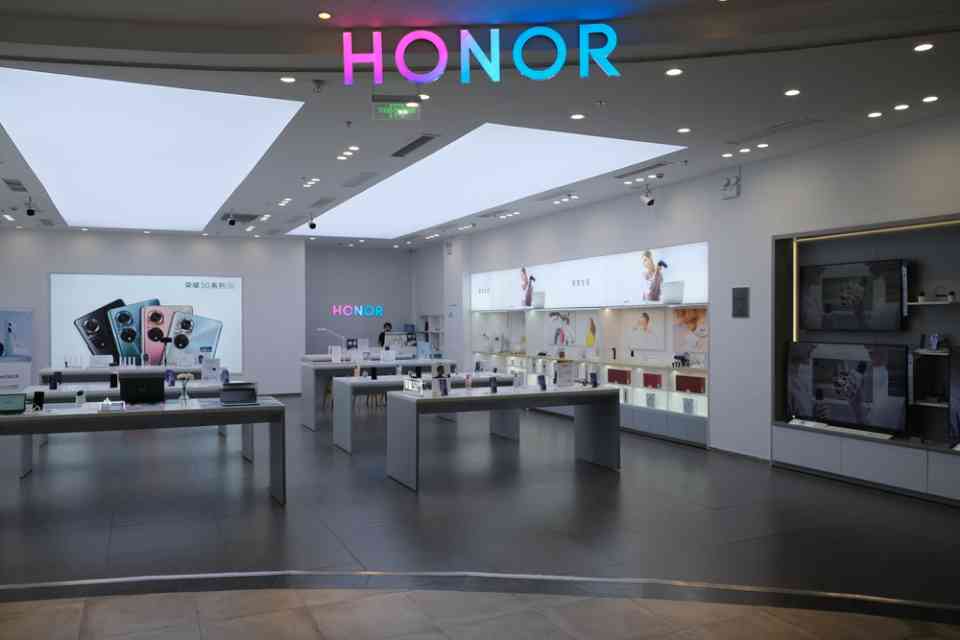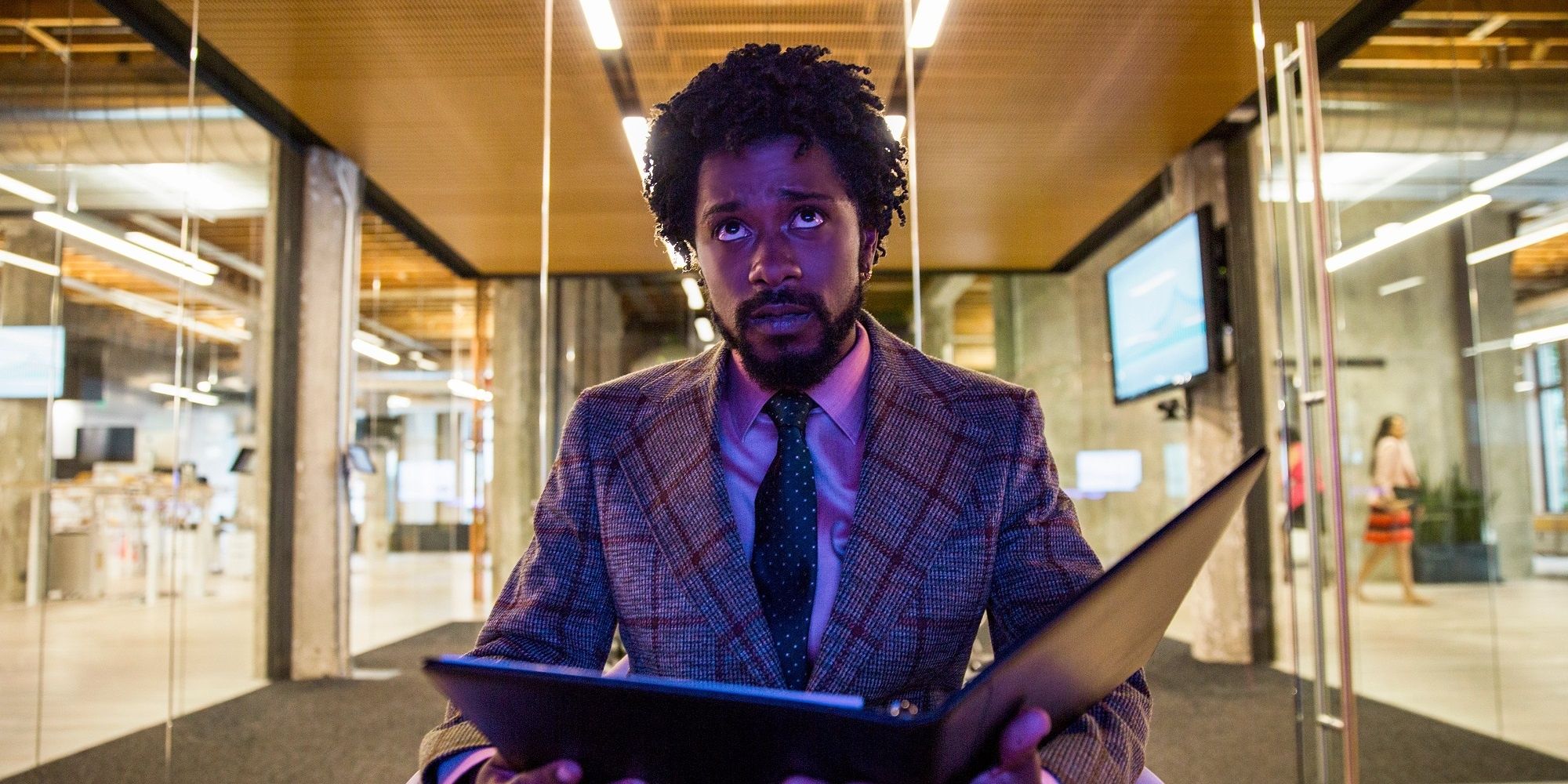The digital disruption has pushed the possibilities of the internet beyond the usual and opened its arm wide to customers, global markets, and new competition. Due to the infinite scope amplified by the sudden pandemic breakout, industries and leadership are taking one step back and redefining their business strategy, adopting a more sustainable approach. Especially for the retail and consumer goods sector, sustainable growth has become the need of the hour.
With no choice but to maintain social distancing and order online, retailers have to craft and implement contactless strategies to meet current customers’ expectations as well as business goals. Any company that wants to stay strong and relevant in the future needs to adopt a sustainable way of business operations. Leaders are taking a proactive approach by ensuring special attention to the three important parameters to achieve sustainable business growth – environmental, social, and corporate governance.
Leaders are Becoming Responsible Caretakers for Businesses
As the world is dealing with multiple concerns, businesses – one of the primary consumers of societal resources, should pay special attention to these concerns, including climate change, ecological imbalance, and resource scarcity. Retail players are especially under pressure to take the stress off the environment. According to a Mckinsey report, the fashion industry, in particular, contributes to the 4 percent of overall greenhouse gas emissions. As a result, the new generation is becoming increasingly attentive to making environmentally safe moves while eliminating waste in all forms for a sustainable operation.
Thus, leaders are revisiting their leadership tactics, becoming prudent and environment-conscious by carefully considering every business idea as another step towards sustainability.
Pandemic has created an urgency to move towards a Sustainable Business
The consumer goods and the retail sector saw a major shift in customer preferences and expectations due to the pandemic. The concept of social distancing, conscious isolation, and the lockdown has called for contactless transactions across all sectors. A healthy balance of offline to online retail strategy is helping companies to make a stronger comeback. Simultaneously, customers expect an added layer of empathy towards the growing environmental concerns. Hence, investments and responses towards green stimuli are proven to drive greater ROI.
The retail and consumer goods sector can leverage its existing capabilities to help the environment emerge from the crisis. Leadership should cull out the best practices and make them an integral part of their strategy. Let’s take an in-depth understanding of how business leadership could promote sustainable business growth.
How can leadership foster sustainable business growth?
Put sustainability as the core of your business strategy
Sustainable growth could be fostered right at the heart of the business. For example, consciously including waste management practices, eco-friendly packaging, and revisiting inventory management strategy help lower product packaging cost and optimize the processes as a whole.
Leadership role lies in ensuring that circular economy practices are enforced and followed organization wide. The mantra is to reduce, reuse, refurbish, repair, and recycle to bring in the necessary and relevant change.
Make customers an important stakeholder in decision-making
Customers want to make their voices heard! They want equal parts in conversations related to sustainable practices for a brand. So now they make sure that every penny they spend is worthwhile not just for themselves but also for society at large.
Brands should give their customers a choice. For instance, eco-light packaging, recycled apparel, and many small strategic inclusion would make customers feel valued.
Set rational targets and measure the progress
Don’t keep your sustainable goals hanging. Instead, leaders, today should set smart and attainable targets, making sure that progress happens little by little every day. Companies are known to set aspirational goals, but the translation to reality becomes a far-fetched thing, as, in the long run, most are concerned with revenue generation.
Retail and consumer goods players, thus, act in coherence to ensure that they are meeting customers’ demand responsibly and leaders to ensure a seamless shift in practices without disrupting the entire system.
Ensure collaboration across the system, especially supply chain
Brands must inculcate industry-standard practices and launch their certifications to incorporate sustainable processes across the system. This includes the supply chain as well. Since customers across the chain look for increased transparency of resource utilization and demand actionable steps towards healthy business functioning, bringing the entire system together becomes necessary.
Adopt cost-effective practices
Setting a philosophy of sustainable business goals is as important as keeping in check that these goals don’t burn a bigger hole in the pockets. Real sustainability is achieved when leadership approaches the entire concept with a lens of affordable pricing.
In the end, everyone will laud a brand that thinks about society but making it a practice amongst the larger population is a tough thing to pull off. For example, everyone celebrates the concept of electric cars, but a handful will go and purchase. Here the struggle is real. Hence, while leaders aggressively implement sustainable practices, one cannot ignore the affordability factor. Pricing of sustainable options should align with the business’s overall cost structure.
From setting ambitious goals to entering into industry collaborations, leadership in the sustainable retail and consumer goods sector are taking impressive actions that ascertain environment-friendly processes and outcomes, responsible for creating solutions to preserve society at large. As the world together puts up a gallant fight and emerges stronger from a pandemic, the retail and consumer goods sector should be the trailblazer ensuring sustainable business growth.
Together, we navigate with pride. Watch here
Written by Vijay Verma, Executive Vice President at HCL America, Inc
Have you read?
8 Best Practices In Financial Management.
4 Growth Hacking Moves to Replace Your Traditional Marketing Tactics by Rick Bodey.
Ujjawal Asthana – Founder of Zymrat, a technology-driven Athleisure brand by Veidehi Gite.
The 5 Roadblocks of Security Culture and How to Avoid Them by Perry Carpenter.
Cutting the Cord and Working Without Limits by Attila Sükösd.
Track Latest News Live on CEOWORLD magazine and get news updates from the United States and around the world.
The views expressed are those of the author and are not necessarily those of the CEOWORLD magazine.
Follow CEOWORLD magazine headlines on Google News, Twitter, and Facebook. For media queries, please contact:
info@ceoworld.biz

























































![Social Media Spring Cleaning [Infographic] Social Media Spring Cleaning [Infographic]](https://imgproxy.divecdn.com/9e7sW3TubFHM00yvXe5zvvbhAVriJiGqS8xmVFLPC6s/g:ce/rs:fit:770:435/Z3M6Ly9kaXZlc2l0ZS1zdG9yYWdlL2RpdmVpbWFnZS9zb2NpYWxfc3ByaW5nX2NsZWFuaW5nMi5wbmc=.webp)
![5 Ways to Improve Your LinkedIn Marketing Efforts in 2025 [Infographic] 5 Ways to Improve Your LinkedIn Marketing Efforts in 2025 [Infographic]](https://imgproxy.divecdn.com/Hv-m77iIkXSAtB3IEwA3XAuouMwkZApIeDGDnLy5Yhs/g:ce/rs:fit:770:435/Z3M6Ly9kaXZlc2l0ZS1zdG9yYWdlL2RpdmVpbWFnZS9saW5rZWRpbl9zdHJhdGVneV9pbmZvMi5wbmc=.webp)













